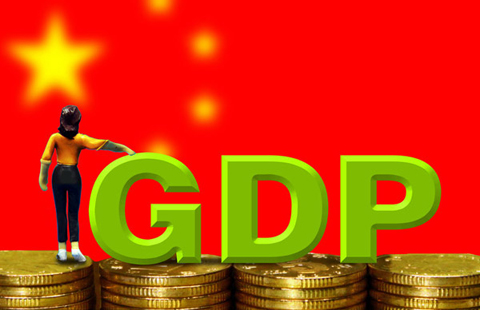China's Wenzhou to speed up bad debt disposal
(Xinhua) Updated: 2015-01-22 17:26HANGZHOU - Authorities have sped up the disposal of bad loans in the eastern Chinese city of Wenzhou in the past year, vowing enhanced efforts to defuse financial risks this year, said the city's communist party chief on Wednesday.
Wenzhou in Zhejiang province is known for its private entrepreneurship and manufactured exports. Over the past year, the city's non-performing loans (NPL) in the banking sector have decreased by 39.4 billion yuan, bringing the bad loan ratio down to 3.1 percent currently, said Chen Yixin, head of the city committee of the Communist Party of China, during the province's annual parliamentary session.
"Corporate financial risk is a gauge of Wenzhou's economic health, and we have seen signs that the city's economy is getting back on its feet," Chen said.
Chen added that the government's top priority for 2015 will be defusing risks associated with surging bad loans in one of China's most enterprising cities.
Han Mingjin, a provincial lawmaker and financial professional, said that banks in Wenzhou are helping local businesses weather the liquidity crunch by assisting restructuring and relieving the liquidity crunch. She also suggested tax cuts for financially stressed firms and urged the government to speed up the debt-clearing process.
"Financial institutions in Wenzhou are still reluctant to lend, " said Li Guosheng, another legislator and an entrepreneur in Wenzhou. "Pressure on local businesses has doubled down since the rise of social security expenditures."
Bad loans began to rise after the city's private lending activities collapsed in 2011, forcing local businesses to go bankrupt and some entrepreneurs to commit suicide or flee.
"Companies here are in dire need of financial support. The government should think of ways to channel money back to the real economy," Li said.
According to Chen, Wenzhou banks still have more than 30 billion yuan of bad loans on their books, with another 47.8 billion considered potentially risky.
It will take another two to three years for banks in Wenzhou to fully rid themselves of toxic assets if the current pace of resolving bad loans continues, Chen said.
- Top 10 cities with highest mortgage rate
- Chinese banks expand financial services for companies going global
- Policy changes loom for financial institutions
- Chinese banks given nod to start asset-backed securities sales
- China banks' 2014 new yuan lending hits record high
- Change of deposit calculation rules
- Beijing sees growth in residents income
- Beijing's GDP exceeds 2 trillion yuan in 2014
- China forex settlement surplus narrows in 2014
- China farm produce prices up slightly
- Economic data move toward new normal
- Give China its due in global economy
- Chinese nuclear firms plan equipment, tech sales abroad
- Global nuclear majors target China
















